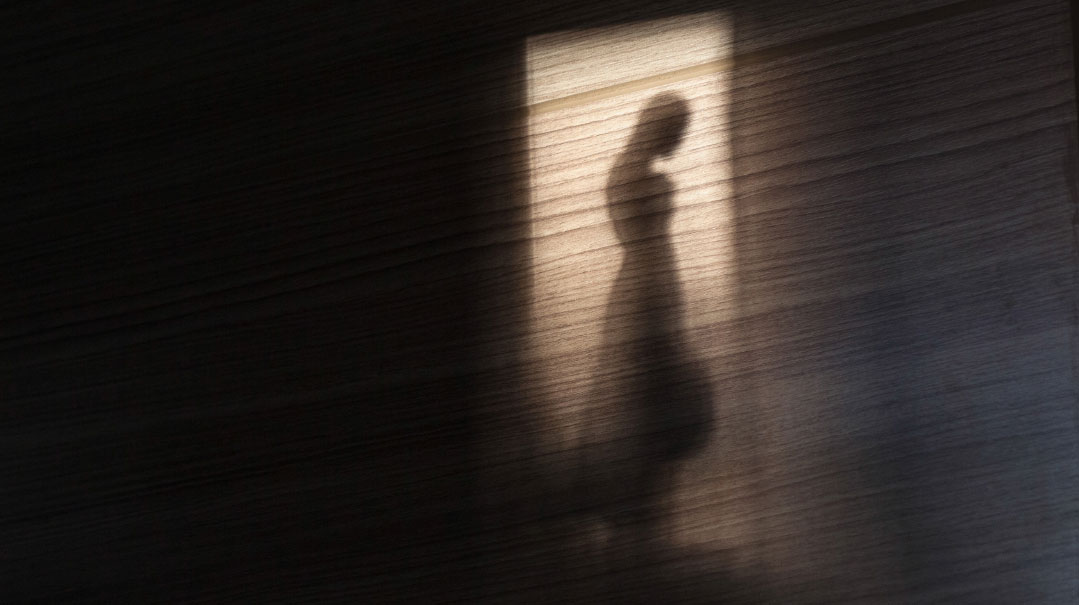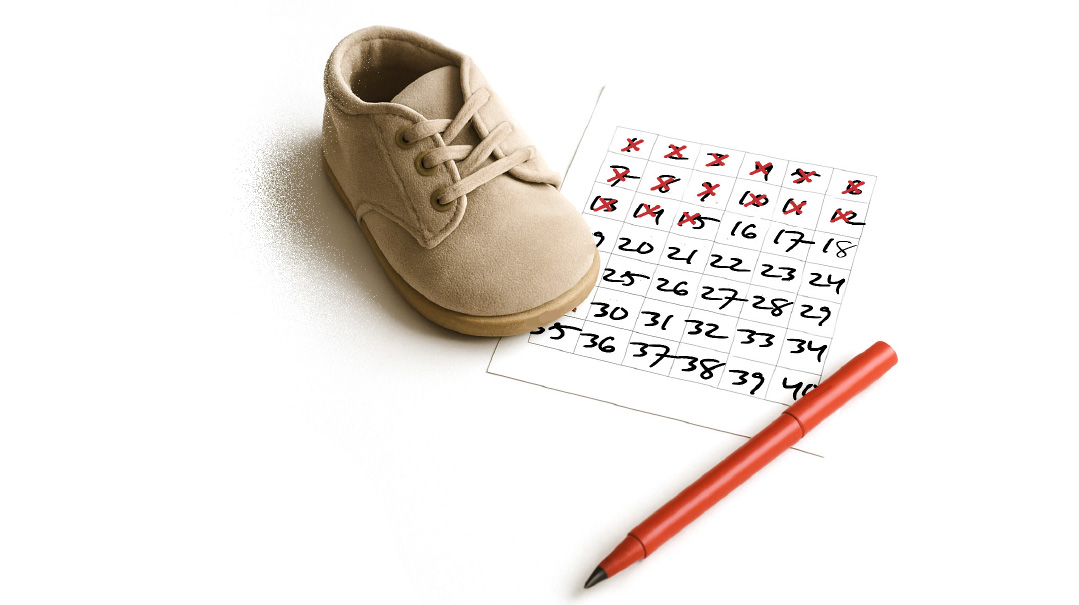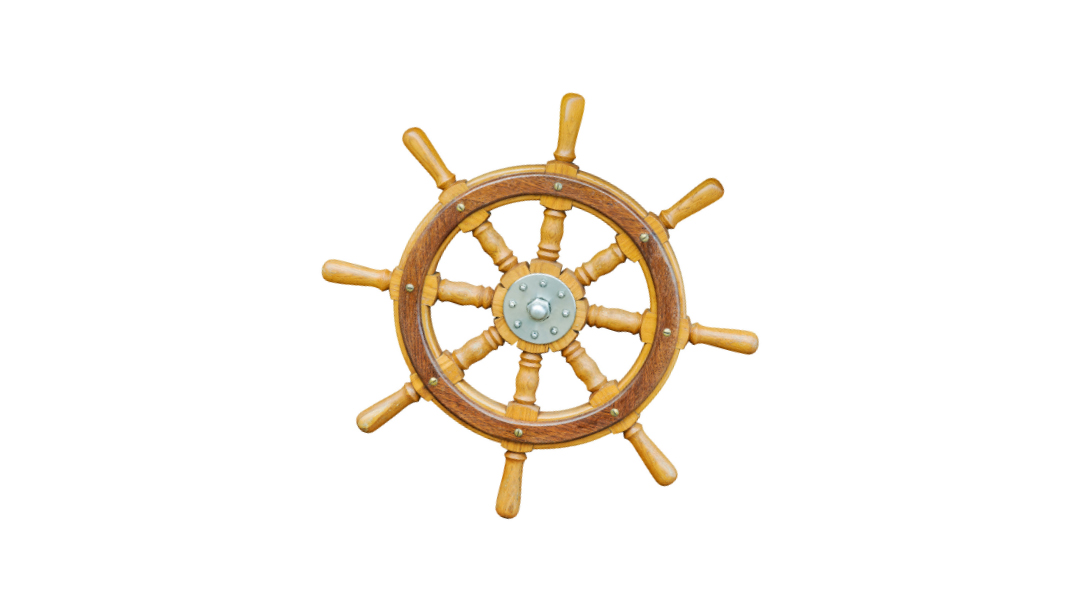Whispers

My mother seemed to have tightly shut a chamber in her heart on the day of Rina’s death

Leo Tolstoy’s famous line tugged at my heart before I was able to put the reason for it into words: “All happy families are alike; each unhappy family is unhappy in its own way.”
Growing up, the existence of my aunt was a nonentity. She was never spoken about.
We knew she was dead, we knew she had been engaged to be married at the time that she was tragically hit in a horrific car accident that took her life.
But that was it.
Aunt Rina hovered, an unspoken ghost we all sensed, but pretended didn’t exist. Save for a small, framed, wallet-sized photo on my mother’s bureau, I never saw another picture. There were no albums documenting her life, no diary of hers to flip through, no high school yearbook to ogle at and laugh over outdated styles.
We knew little about Rina, what she was like, who she had been engaged to, what her hopes, dreams, and fears were. Did she laugh so hard that tears filled her eyes and trailed down her cheeks, like my mother? Was her hair naturally curly or did she perm it? Did she share the same carefree nature as her best friend, the woman we all grew up with and called Aunt Judy? How did she get the scar, evident in that sole picture, over her left eyebrow?
Those answers were buried with Rina’s physical body, for my mother seemed to have tightly shut a chamber in her heart on the day of Rina’s death.
But with time, details of Rina’s life, and death, began slithering under locked doors, snakes that had us questioning whether there was poison hidden in the flicks of its tongue.
The story of the car crash morphed into an accidental drowning. Mommy hadn’t wanted us to be scared of water, she claimed, so she hadn’t told us the truth.
Fuzzy details, each time the story sounding a bit different.
Until finally, one cold, nasty day, my mother and I went to Aunt Rina’s grave. It was Elul, and as is the custom, we made our rounds of kevarim and davened.
The secret was growing so large, I felt it would burst like the threatening, ominous clouds above, drowning me in the duplicity of the lies we were told.
In front of Aunt Rina’s kever, I turned to my mother with the double force of adolescent brazenness and desperate curiosity. I knew the next words would pain her, but desperation for the answer had me forge on.
“Mommy… was Aunt Rina’s death intentional?”
There was a pause, and sharp emotion flitted distinctly across my mother’s eyes. At first, I interpreted it as anger. But then I recognized it for what it was: relief.
Perhaps beneath that there was even an accusation, a question: What took you so long to ask?
“Yes,” she responded, firm and clear like she’d never been when discussing Rina. “Yes… when Rina entered the ocean, she was aware that she didn’t know how to swim.”
The shock I had expected to follow was absent; in its place was acceptance. My mother continued, “The stones they found in her pockets confirmed what we all suspected.”
A surprising peace enveloped me. And it seemed my mother, too, was talking tranquilly; in place of her typical, flustered tones when discussing Rina, she finally seemed at ease.
There were a million questions hanging between us, but at that moment I understood that the shadow had lifted, that with time, those question would be answered.
Sometimes it takes more stamina to whisper than to talk.
(Originally featured in Family First, Issue 700)
Oops! We could not locate your form.





